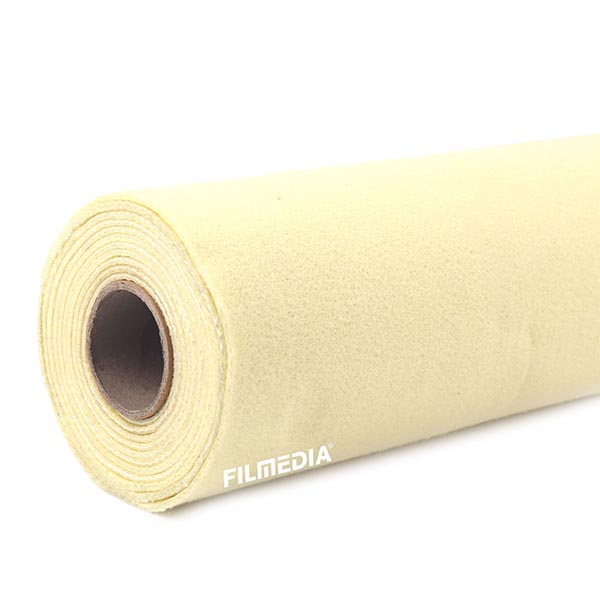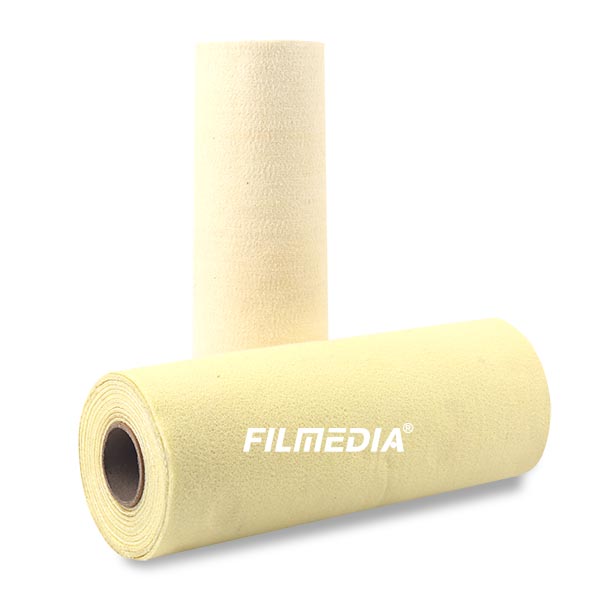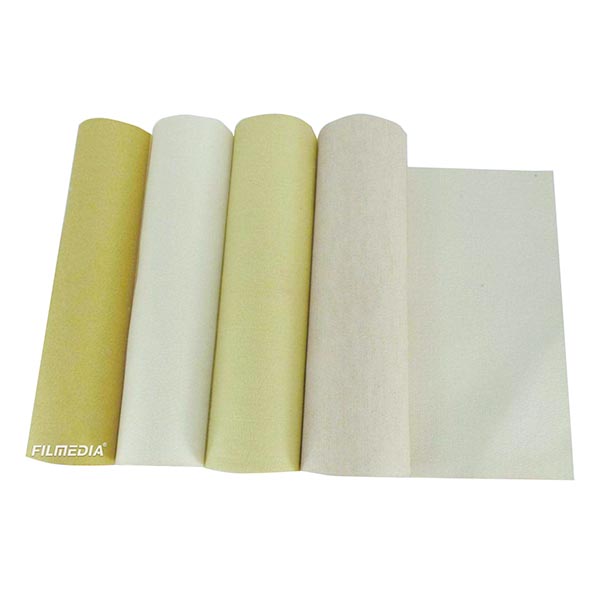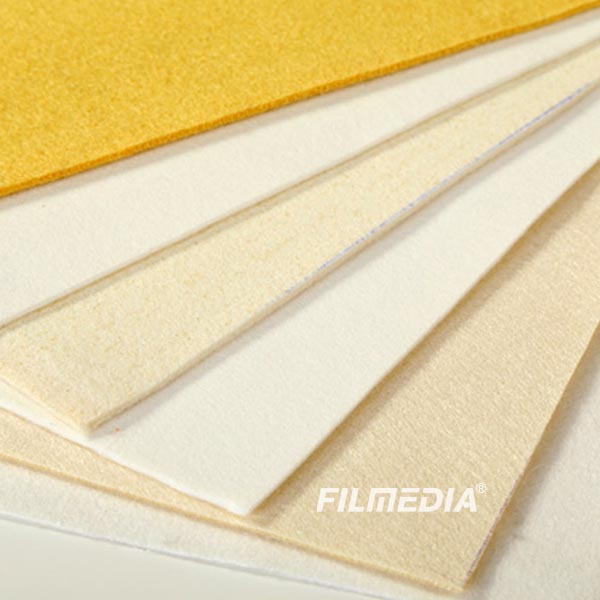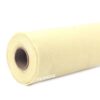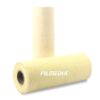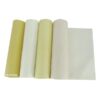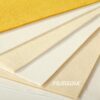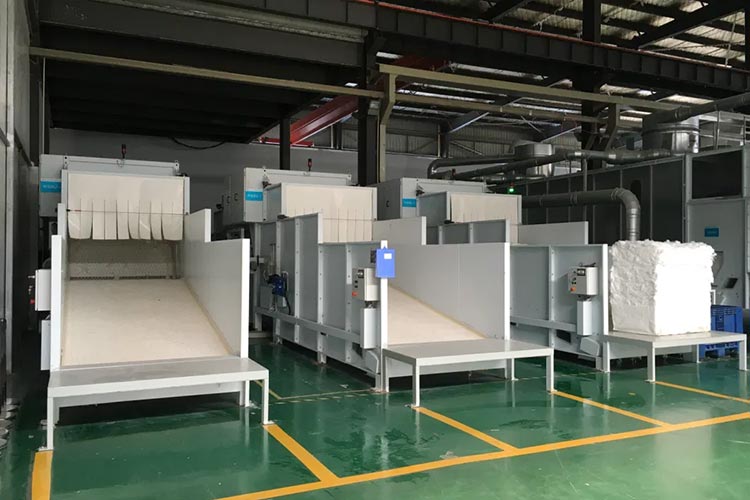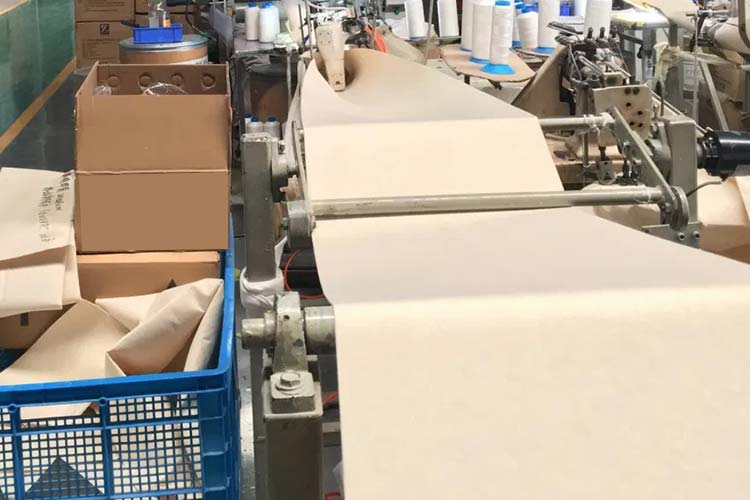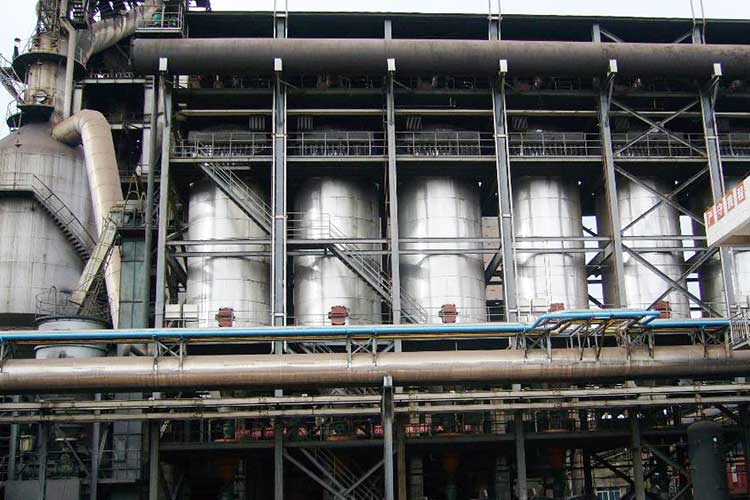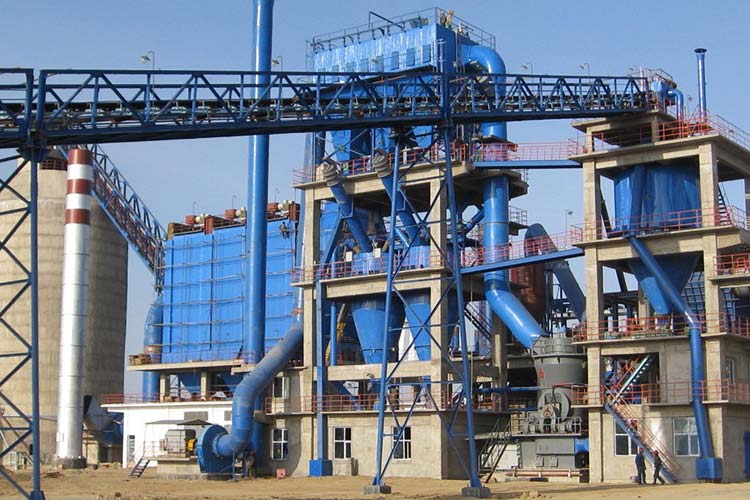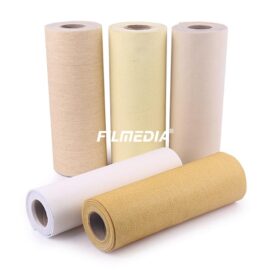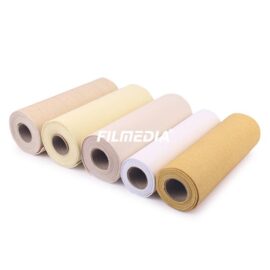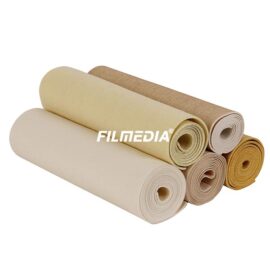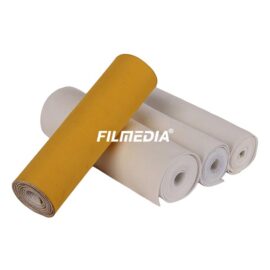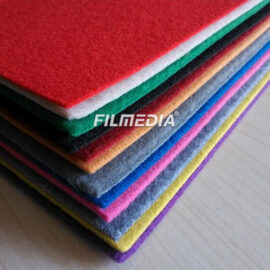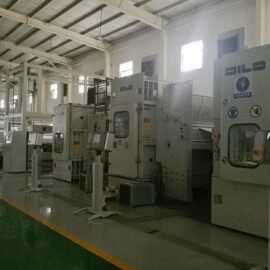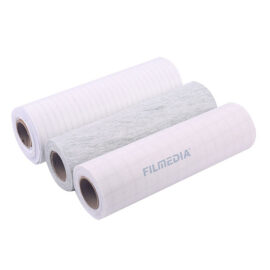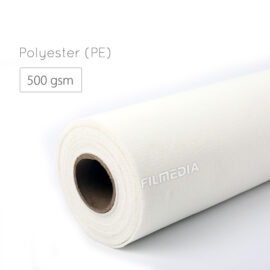FMS needle felt is a specialized type of filter media used for industrial filtration applications. “FMS” typically refers to a blend of fibers, including Fluorine, Meta-Aramid (like Nomex), and Silica, designed to provide excellent resistance to high temperatures, chemicals, and mechanical stress. FMS needle felt has the characteristics of high strength, acid and alkali corrosion resistance, wear resistance, and bending resistance. After different surface chemical treatments and post-finishing technologies, it also has the functions of easy dust removal, water and oil repellency, it is dimensionally stable, high strength and cheaper than other chemical fibers.
- High temperature resistant.
- High strength.
- Acid and alkali corrosion resistant.
- Wear resistant.
- Bending resistant.
Learn more about FMS Filter Bags.
Description
Filmedia® FMS needle felt filter cloth is made of composite short fiberglass, P84 fiber and Nomex fiber. It has excellent acid and alkali resistance and a service life of more than 4500 hours.
- Can withstand higher temperatures. Under normal circumstances, the operating temperature can be controlled at 260℃-300℃, and some varieties can withstand high temperatures of 350℃ instantly.
- It can bear high filtration load, and the gas filtration load can reach 60-90m3/㎡ hour.
- It has very low operating resistance and is more adaptable to changes in blast furnace fan air volume.
- The filtration efficiency is high, and the dust content of the purified and filtered gas is generally less than 3-5mg/nm3.
- It has a long service life and is much more cost-effective than glass fiber needle felt filter media. Its cost is about 10-20% higher than that of glass fiber needle felt, but its service life is more than twice as long under similar working conditions.
Physical Properties and Chemical Properties
| Physical Properties | ||
| Fiber | Mixed fiber | |
| Scrim | fiberglass yarn | |
| Weight | g/m² | 850 |
| Thickness | mm | 2.4 |
| Width | m | ≤2.2 |
| Finish treatment | PTFE impregnation | |
| Air permeability | l / m2 / s @200pa | 200 ~ 300 |
| Tensile strength | Warp (N/5×20cm) | 1300 |
| Weft(N/5×20cm) | 1500 | |
| Tensile elongation | Warp (%) | 8 |
| Weft (%) | 8 | |
| Temperature | ||
| Continue temperature | C° | 240 |
| Instant temperature | C° | 280 |
| Chemical Properties | ||
| Anti-acid | Good | |
| Anti-alkali | Good | |
| Anti-abrasion | Good | |
| Hydrolysis stability | Middle | |
Post-treatment of FMS Needle Felt
The post-treatment of FMS needle felt is crucial for enhancing its performance and durability in industrial filtration applications. After different surface chemical treatments and post-finishing technologies, FMS needle-punched felt also has the characteristics of easy cleaning, water and oil repellency, and anti-static. Common post-treatments for FMS needle felt include:
- Singeing.
- Calendering.
- Heat Setting.
- PTFE Membrane Laminating.
- PTFE Impregnation.
Applications of FMS Needle Felt
FMS needle felt is commonly used in bag filters and is an effective way to capture fine particles when operating in harsh environments. It can withstand high wind speeds and is highly efficient for dust bags, saving a lot of costs and creating huge economic benefits. The service life of FMS filter bags can be extended to more than two years, which can significantly reduce production costs. It plays an important role in the following industries.
- Copper and iron (high furnace gas, electric furnace, converter, sintering workshop).
- Metallurgy (copper, zinc and aluminum).
- Carbon black.
- Cement (kiln, mill, vertical window, packaging workshop).
- ferroalloy.
- Carbide stove.
- Power plant coal-fired boiler.
- Waste incinerator (clean waste, industrial waste, medical waste).
- Asphalt mixing.
- Others (pesticides, dyes, lime kilns, titanium dioxide, asbestos).

